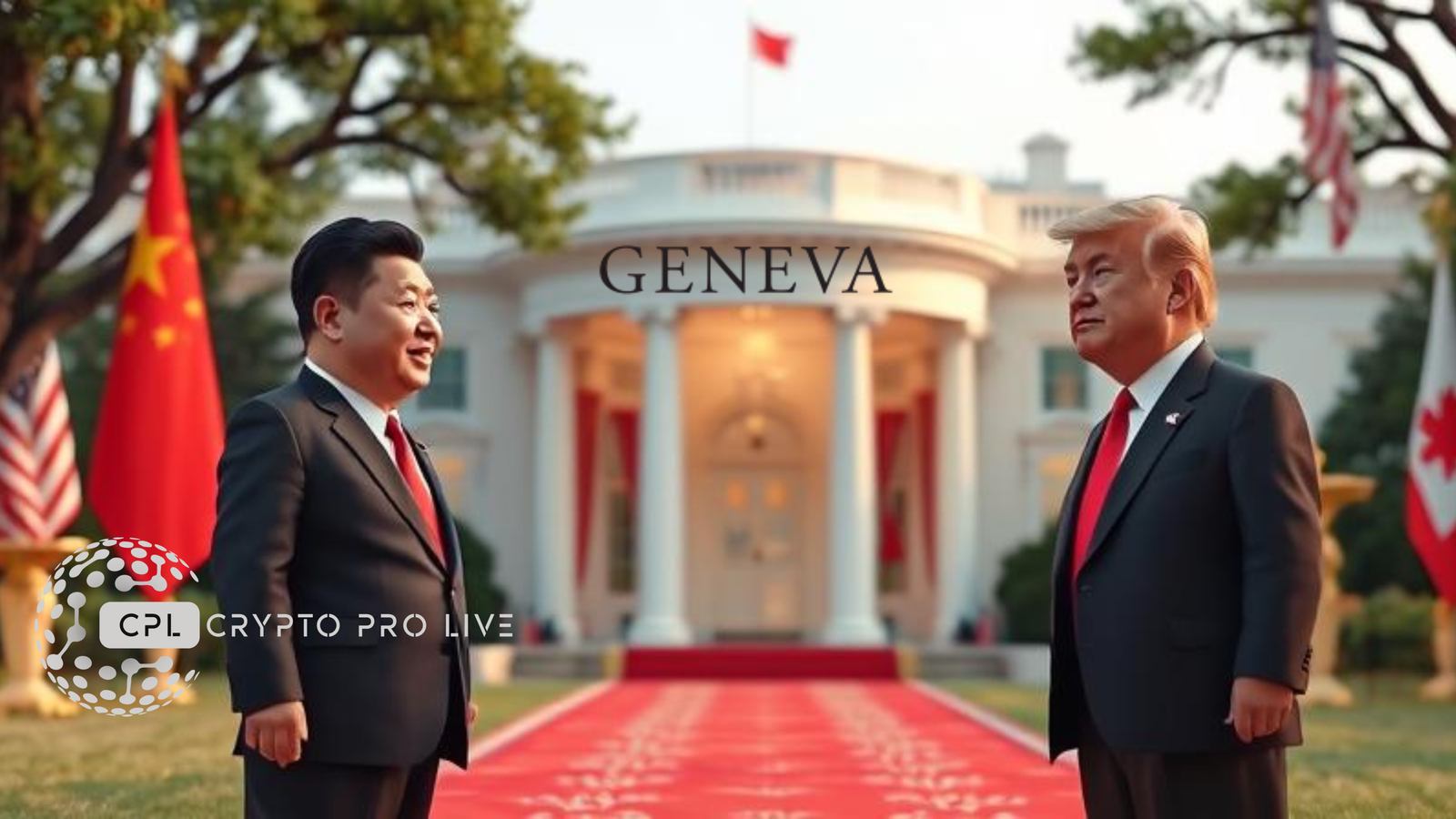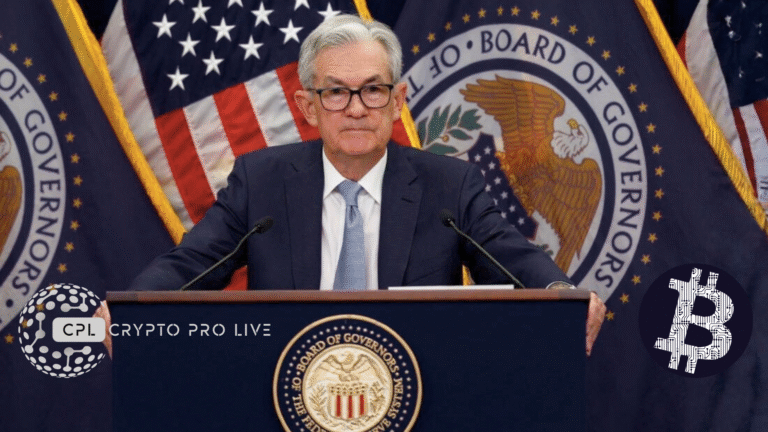In a historic breakthrough, the United States and China have announced a new trade agreement following high-stakes negotiations held in Geneva, Switzerland. The deal, which was finalized over two days of intense dialogue, marks a significant milestone in global trade relations and aims to resolve longstanding tensions between the two economic powerhouses.
The announcement was made by the White House earlier today, with key statements from Secretary of the Treasury Scott Bessent and U.S. Trade Representative Ambassador Jamieson Greer. The agreement has already sparked optimism in global markets and is expected to have far-reaching economic implications.
Substantial Progress Reported by U.S. Officials
Speaking on the outcome of the negotiations, Secretary Bessent expressed satisfaction with the talks, stating: “I’m happy to report that we made substantial progress between the United States and China in the very important trade talks.”
Bessent extended his gratitude to the Swiss government for providing an efficient and neutral venue, which contributed to the success of the discussions. He noted that the negotiations were attended by high-ranking officials including the Chinese Vice Premier and two Vice Ministers, reflecting the seriousness and urgency of the dialogue.
“We will be giving details tomorrow, but I can tell you that the talks were productive,” Bessent confirmed, adding that both he and Ambassador Jamieson had briefed President Trump the night before. The full scope of the agreement is expected to be shared in a formal briefing scheduled for tomorrow morning.
Key Goals: Addressing Trade Deficits and Tariffs
U.S. Trade Representative Jamieson Greer elaborated on the significance of the deal and its potential to address the U.S. trade deficit with China, which currently stands at a staggering $1.2 trillion.
“This was a very constructive two days,” said Greer. “It’s important to understand how quickly we were able to come to agreement, which reflects that perhaps the differences were not so large as maybe thought.”
Greer acknowledged that the progress made in Geneva was built upon months of groundwork, and emphasized that the trade deal could help resolve what had previously been declared a “national emergency” due to the mounting trade deficit and the retaliatory tariff measures.
A Turning Point for Global Investors and Economic Stability
This landmark trade agreement is being hailed as a turning point not only in U.S.-China relations but also for the global economy. For international investors, this development signals renewed confidence in the global trade environment, paving the way for increased cooperation and market stability.
Financial analysts suggest that industries heavily impacted by tariffs—such as technology, agriculture, and manufacturing—could see immediate gains. The easing of trade tensions also sets the stage for stronger GDP growth in both countries and a likely reduction in inflationary pressures caused by prolonged economic uncertainty.
Why This Deal Matters for Investors
From an investor’s standpoint, this trade agreement could open new opportunities across multiple sectors:
- Technology: Reduction in tariffs could revitalize the tech supply chain and reduce costs for hardware manufacturers and semiconductor firms.
- Agriculture: Improved access to Chinese markets for American farmers may bolster exports and stabilize rural economies.
- Financial Markets: The agreement is likely to reduce volatility and foster a bullish trend in U.S. equities and foreign exchange markets.
- Green Energy and Innovation: Provisions for intellectual property rights and cooperative tech transfer could accelerate innovation in clean energy, AI, and biotech.
Market Reaction and Future Outlook
Within hours of the White House announcement, stock markets in New York, Hong Kong, and London reacted positively. The Dow Jones Industrial Average jumped by 1.8%, while the Nasdaq climbed by 2.3%. Asian markets also showed strong gains, indicating widespread investor approval.
Economists predict that this deal will lead to a phase of policy stabilization and could prompt central banks to maintain current interest rates, ensuring liquidity and encouraging capital investments.
A Historic Win for Diplomacy and Trade
This Geneva agreement is more than just a diplomatic achievement—it’s a beacon of economic collaboration in an era marked by protectionism and trade wars. As Secretary Bessent and Ambassador Greer prepare to release the full details, global markets, policymakers, and investors alike await further clarification with great anticipation.
With trust being re-established between two of the world’s largest economies, this deal could usher in a new era of growth, cooperation, and strategic opportunity for nations and investors worldwide.



















